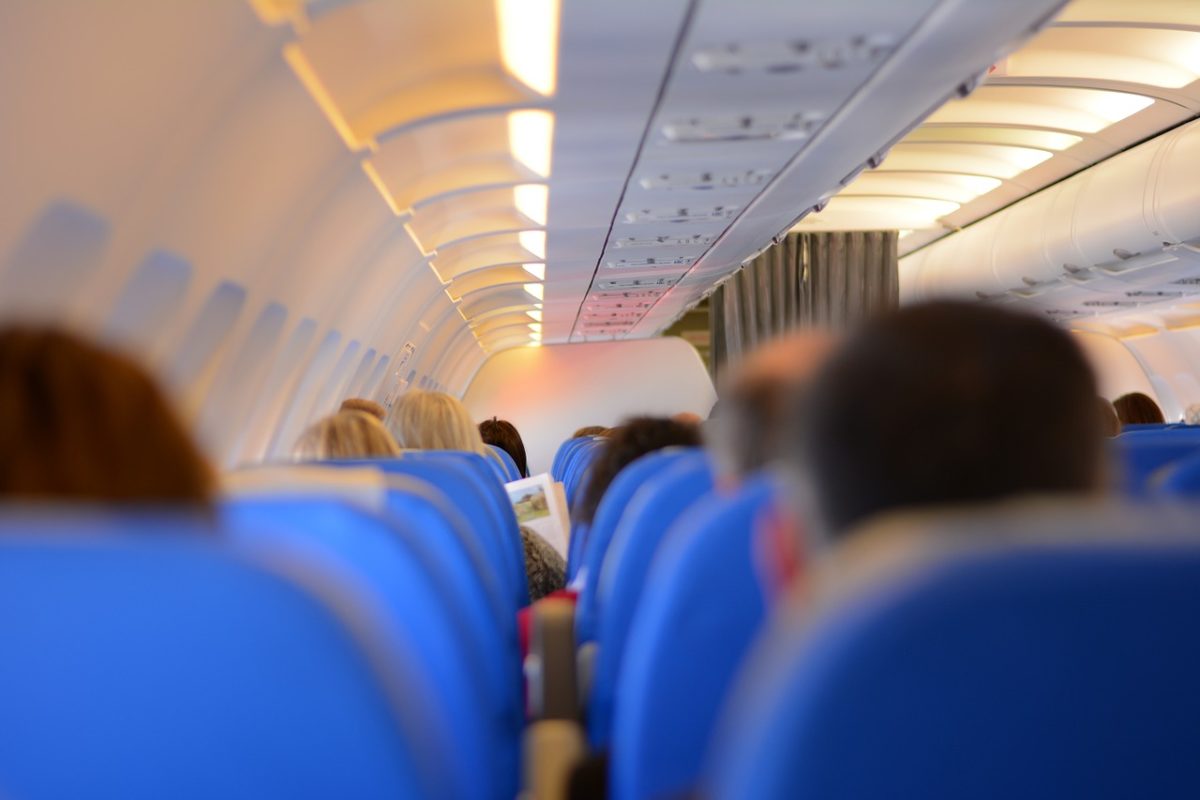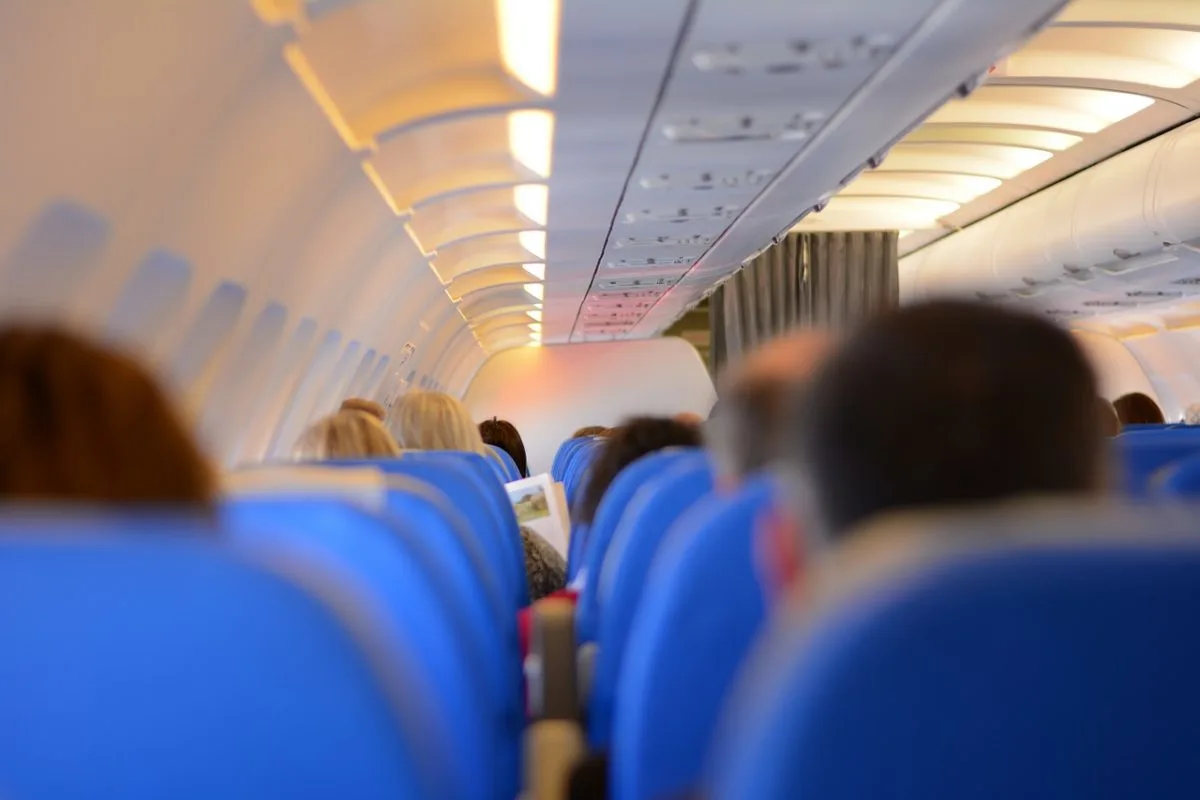Flying may be the most preferred way to travel to far-off destinations, but it is not all gumdrops and rainbows. When confined in a space with a large group of people for several hours at a time thousands of miles in the air, your health is at risk. The limited oxygen and low humidity create the prime atmosphere for bacteria and viruses to form and spread.
That does not even include the many hours you remain seated, the processed and unhealthy food and drink options, and the constant changing of time zones which can alter sleep patterns. Each year millions of travelers report health issues as a result of flying ranging from the common cold to blood clots and other extreme complications.
This information should not deter you from wanting to travel by plane, but should instead encourage you to be prepared. Below, is a list of suggestions on how to remain healthy on your next long-distance flight.
Visit the Doctor


Traveling with compromised health already increases your risks of having something go wrong. So, before your scheduled trip be sure that you first visit your doctor. If you do not have a doctor, try to find a reputable healthcare facility who can provide you with services in a timely fashion. The right doctor’s office will accept your insurance or have affordable payment options, have reasonable office hours, and go above board to remain in compliance with federal and local laws such as having a hitrust certification.
Make an appointment to have a complete physical done. If you are going to a country that requires you to have certain vaccinations, make sure that you have them completed as well. Be sure to also speak with the doctor about any medical conditions or problems you have been having so they can properly diagnose and treat. Once given a good bill of health you are ready to fly.
Maintain Healthy Habits




A weakened immune system makes you a target during your flight. Your body is not able to ward off the pathogens that may be present in the airplane. Though you might have that “vacation mode” mindset already in motion thinking it is okay to scale back or relax on your health routines, that is far from the truth.
Stick to healthy habits like eating a proper diet, exercising, and getting plenty of rest leading up to your trip. You want to maintain a good immune system to reduce the chances of getting sick. Take your daily vitamins, eat three meals each day, work out at least 30 minutes 5 days a week, and get at least 8 hours of sleep each night (especially the night before your flight).
Sanitize Your Area




Touch contact is one of the quickest ways to catch anything from the cold to a deadly virus. Before getting comfortable in your seat on the airplane, it is probably a good idea to sanitize everything. Bring along a small hand sanitizer in your carryon bag or some disinfectant wipes and wipe everything down from your chair to your tray, window, and headrest. Practice good hygiene as well by remembering to wash your hands thoroughly after using the restroom.
Stay Hydrated




Remember there is limited oxygen and increased humidity on an airplane. If you become dehydrated, this can have a disturbing effect on your well-being. Be sure that you are staying hydrated along the way. Drink water at least every hour.
Move on the Plane




Sitting on the plane for hours can not only cause some body aches and cramps, but it can result in blood clots and respiratory issues for those with preexisting conditions. When allowed, it is important to get up and stretch for a moment. Take a walk back and forth or step out in the aisle and do some stretches to keep the blood circulating properly.
Whether traveling for business or pleasure, getting sick is not in your plans. Be that as it may, when traveling by plane there is a possibility of this happening. The best and only way to safeguard yourself against those risks is to prepare in advance and take several precautions during your long-distance flight. Hopefully, the advice above helps to keep you and your travel companions safe, healthy, and happy on your next trip.
